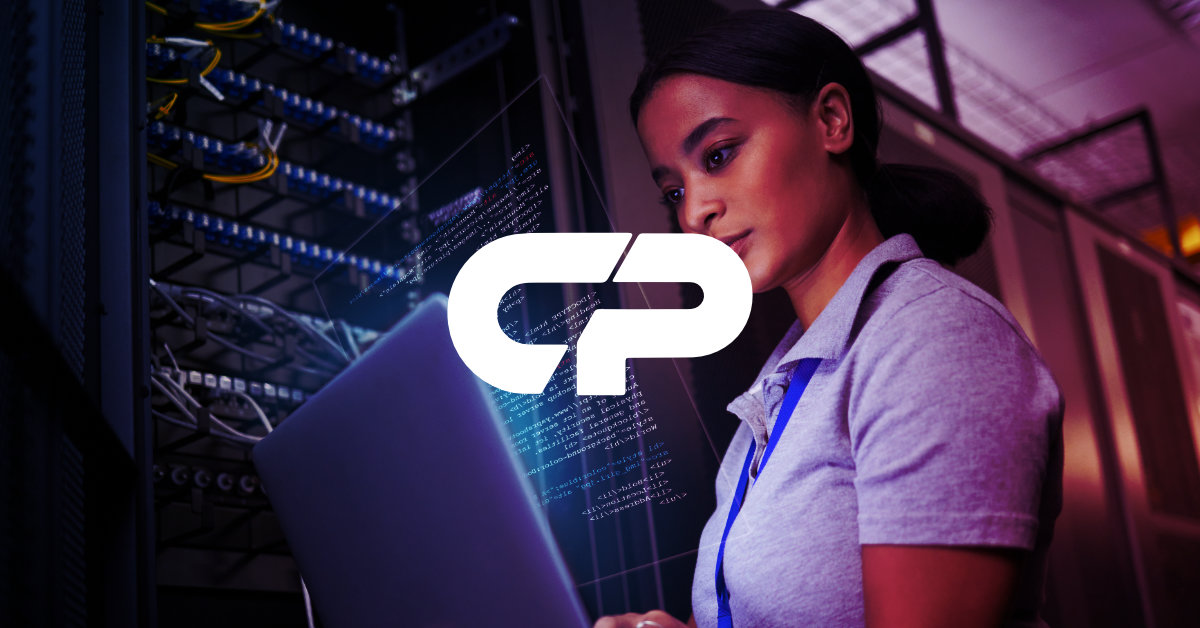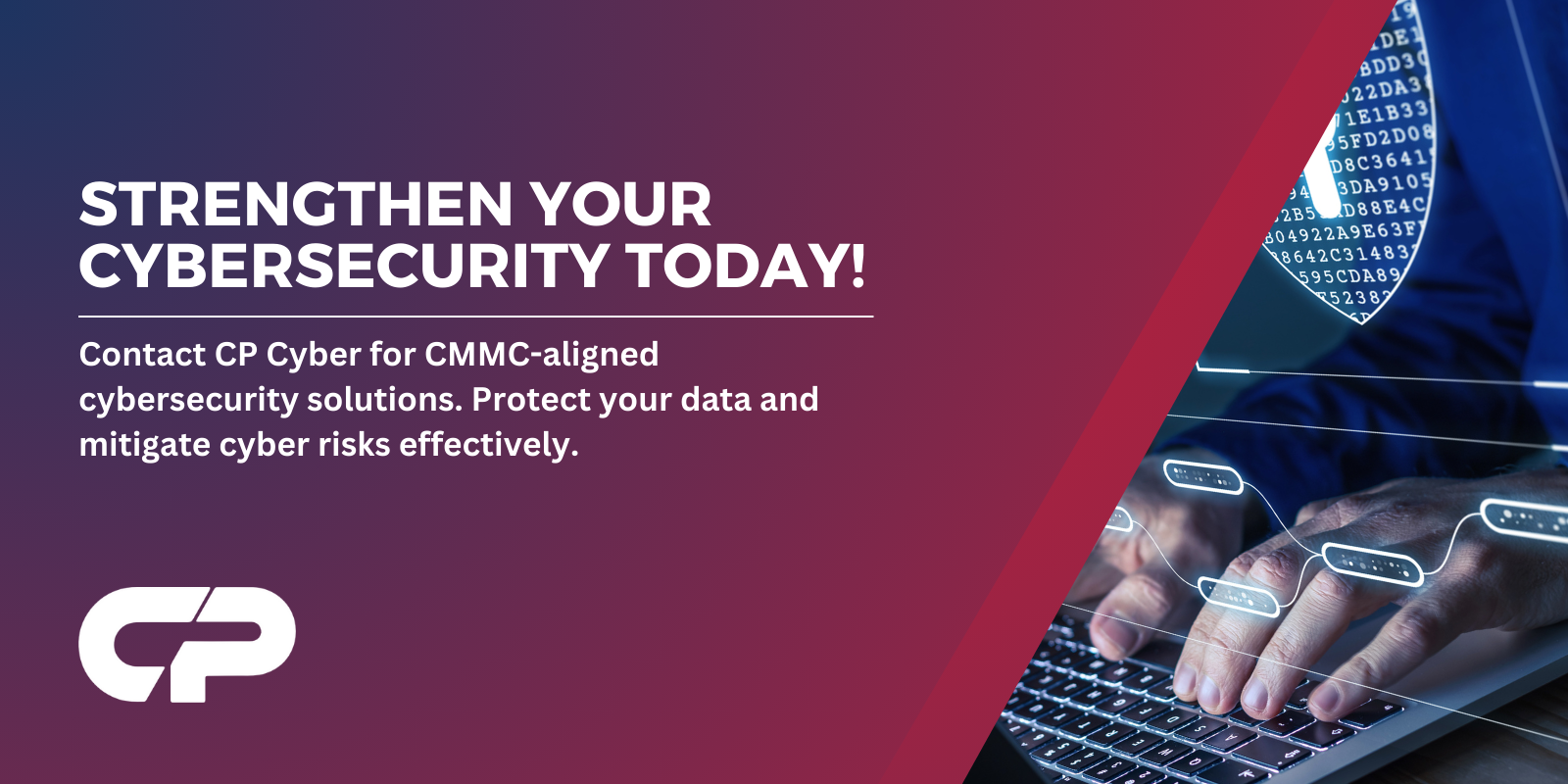In our interconnected digital world, cybersecurity has become a strategic imperative for businesses of all sizes and across all sectors. Amidst a backdrop of increasingly sophisticated and potent cyber threats, governments and regulatory bodies have increased their efforts to enforce rigorous cybersecurity measures. These efforts manifest as a growing body of regulations and standards that aim to safeguard sensitive data, mitigate cyber risks, and protect critical infrastructure against cyber threat actors.
The Cyber Maturity Model Certification (commonly known as the CMMC) provides a case in point. The CMMC is a cybersecurity framework and assessment program designed to ensure United States Department and Defense contractors apply appropriate security protections to the storage and transmission of sensitive data. Based on leading cybersecurity frameworks, namely the NIST framework and ISO 27001, the CMMC’s main purpose is to standardize cybersecurity measures and practices across the defense industrial base. It also exists to ensure controlled unclassified information (CUI) and other forms of sensitive information are subject to heightened protections.
CMMC certification at one of 5 levels of compliance is set to become a mandatory requirement for any business seeking to bid for defense contracts or maintain an existing contract that requires the handling of sensitive information. Even if your organization isn’t looking to pursue certification, aligning with the CMMC’s requirements can bolster your security posture in an age when cyber preparedness has never been more essential.
In this article, we’ll discuss the benefits of a CMMC-aligned cybersecurity strategy and outline some of the controls and best practices advised by the framework.
CMMC-aligned Cybersecurity – The Benefits for Denver Businesses
Aligning your cybersecurity strategy with the requirements of the CMMC can provide numerous benefits. Here are just a few you should consider:
Upgraded Security Posture
The CMMC draws heavily from established, internationally recognised cybersecurity frameworks and standards, particularly the NIST cybersecurity framework and ISO 27001, albeit with some modifications for the defense industrial base. Aligning with the CMMC can help your Denver business strengthen its posture by implementing practices and controls that are proven and established across industries at large.
Enhanced Risk Management
The CMMC promotes a risk-based approach to threat mitigation. This will help your business better identify, assess, and mitigate cyber risks across its digital systems, ensuring that resources are channelled into addressing critical vulnerabilities. By adopting this proactive approach to risk management, you’ll protect your most sensitive data, shield your systems against threats, and maximize business continuity.
Access New Opportunities
While CMMC certification is focused on enterprises operating within the defense industrial base, its commonality with other frameworks makes it a useful system for achieving compliance more broadly, as other sectors and jurisdictions adopt similar standards and requirements. CMMC alignment could therefore help your business access new opportunities and partnerships that place great importance on exacting cybersecurity practices.
Effective Defense Against Current and Emerging Threats
The latest iteration of the CMMC, known as CMMC 2.0, has been designed to provide effective protection against the sophistication and sheer volume of threats present in today’s threat landscape. By aligning your cybersecurity strategy with the stipulations of the CMMC, you ensure that your business is equipped to counter the challenges posed by an evolving risk landscape. The controls and practices outlined in the CMMC are tailored to address emerging threats, thus bolstering your organization’s resilience against cyberattacks.
8 Steps to a CMMC-Aligned Cybersecurity Strategy
The Cybersecurity Maturity Model Certification recommends a comprehensive set of security controls and practices divided across 17 domains. These controls and practices vary according to the maturity level that certification is being sought against. For the purposes of brevity and simplicity, we’ve distilled the CMMC’s requirements into 8 fundamental security principles that all organizations should consider to protect their data assets and the integrity of their digital systems. Here are 8 steps towards achieving a CMMC-aligned cybersecurity strategy:
· Access Controls: Ensure only sanctioned individuals are granted access to critical data stores, networks, and system functionality. Implement role-based access controls to restrict privileges and deploy multi-factor authentication to verify the legitimacy of login attempts.
· Asset Management: Create an up-to-date inventory of all hardware, software, and date assets. Track and catalog the configurations of all digital systems and infrastructure, ensuring settings are calibrated to optimize security.
· Logging and Accountability: Establish mechanisms that allow system activity to be tracked, logged, and regularly reviewed. Generate audit logs that capture login attempts, file accesses, configuration changes, and administrative actions. Use these to investigate and respond to suspicious activities.
· Awareness and Training: Enrol employees on comprehensive cybersecurity awareness and training programs. Training should be tailored around operational risk factors, provide phishing simulations to expose users to realistic threat scenarios, and be regularly updated to account for emerging threats.
· Incident Response: Establish and implement an incident response plan that helps you detect, respond to, and recover from cybersecurity incidents. This plan should be regularly tested by means of drills and tabletop exercises designed to foster readiness and maintain incident response capabilities.
· Security Assessment Activities: Continuously evaluate your cyber readiness and risk exposure by undertaking regular security assessment activities. This includes vulnerability scanning, penetration testing, and security risk assessments.
· Communication Protections: Implement technical controls to safeguard the confidentiality, integrity, and availability of communication channels and the transmission of sensitive data. Apply encryption, network segmentation, and network boundary defenses (firewall and intrusion detection capabilities) as appropriate.
· System and Data Protections: Implement controls and practices designed to ensure the integrity and reliability of systems and information. This includes deploying antivirus software, securely configuring devices and network components, using file integrity monitoring solutions, and applying security updates in a timely manner.
In Summary
The Cybersecurity Maturity Model Certification (CMMC) serves as a crucial framework for enhancing cybersecurity practices within the defense industrial base (DIB). However, its benefits extend beyond this sector. By aligning with CMMC requirements, your Denver organization can establish a structured and robust cybersecurity framework, one that enables you to identify and mitigate risks effectively, improve your security posture, and demonstrate commitment to cybersecurity best practices.
CP Cybersecurity – Cutting-edge Cybersecurity Solutions for Denver Businesses
We’re trusted cybersecurity experts with a strong track record in delivering compliance-aligned security solutions to businesses of all sizes, from small firms to large enterprises. Our risk assessment services can identify and quantify vulnerabilities across your digital systems, enabling us to develop a cyber defense strategy tailored around your unique risk profile.
Looking to elevate the security posture of your Denver business? Keen to safeguard your digital assets with help from seasoned cybersecurity professionals? Book a meeting with us today. We’d be glad to meet you, listen to your needs, and offer empowering insights and guidance.



